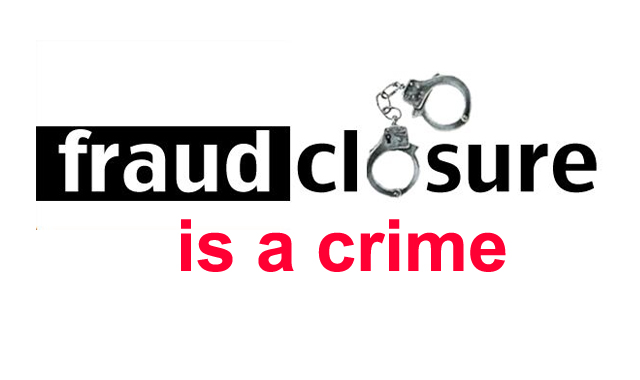Detroit’s foreclosure crisis is partly self-inflicted
The first thing you notice about the street in front of Walter Hicks’ home is it’s peaceful. There are lots of trees, chirping birds, and most of the lawns are mowed.
But then you see that the houses on either side of Hicks’ home are boarded up. And there are lots of boarded up homes all down the street.
That doesn’t seem to put even a little dent in his pride of ownership.
“Well, I got the house through the auction in 2012,” says Hicks. “I got it for $2,400. And I been here ever since, and I love my house. I always wanted my own house and this is my first house. Picture windows – I got three picture windows, one on the front, one on the side, and one on the back. I always wanted something like that.”
But shortly after taking possession, Hicks got his first property tax bill. The city said his house was worth $45,000, and based the property taxes on that assessment.
“There’s no way it’s worth that much,” he says, when a private appraiser set the value at $9,000.
Even so, the overvaluation shouldn’t have mattered. Hicks lives on less than $16,000 a year in disability, which means he qualifies for Detroit’s exemption from property taxes due to poverty.
Many cities in Wayne County have the application for the exemption online. Not Detroit. To get the exemption, Hicks had to catch the bus to city hall. Once he got there he got a ticket, waited in line, and then filled out an application – all in order to get an application sent to him in the mail.
When it arrived, Hicks compiled copies of the supporting documents, filled out the form, and sent it in.
Months later he got a denial, no reason given. But since he couldn’t afford to pay the taxes, he ignored them.
The second year, he didn’t try applying for the exemption.
But the third year, he got one of the dreaded yellow bags hung on the handle of his home. Inside was a notice from Wayne County saying his house would be foreclosed and sold in public auction to someone else.
Newly motivated, he applied for the exemption again – and was denied again. He went down to city hall to find out why.
“And they said, ‘it’s because you own two houses.’ And I don’t own two houses.” The clerk gave him the address of his supposed second house.
“So I went down to the Register of Deeds, and I got a copy of the deed, and I said, ‘Oh, this man, he’s got the same first name and last name as mine, but he’s got a middle initial of M!’ So I took my ID to the city county building again. And they told me I should have put my initial on the paper. And I said, ‘But the application doesn’t say that!’ And I was denied. But I said, ‘This is not me and you see it’s not me!’ Denied.”
Hicks says he was furious, and really wanted to make a scene. But he didn’t want to get arrested, so he left and gave up.
Today, he’s on a payment plan for thousands of dollars of taxes he probably never owed.
Rest here…
~


No Comment